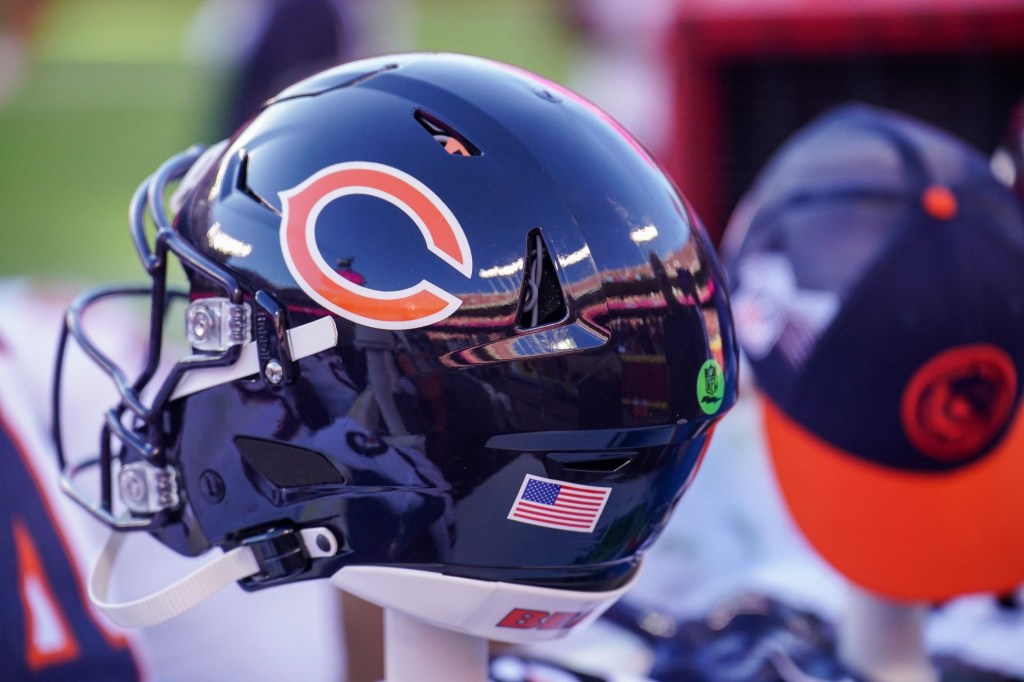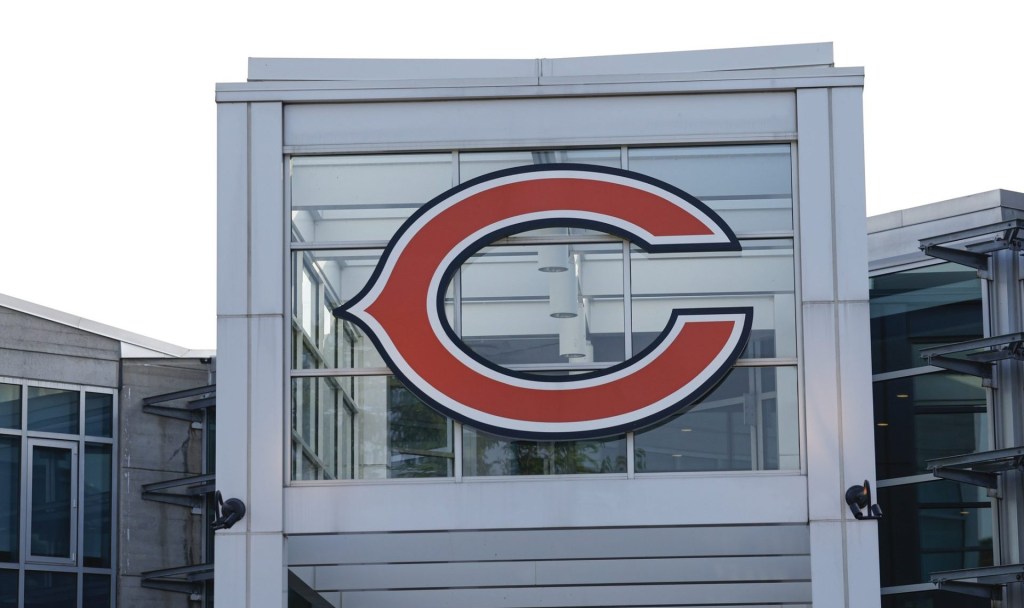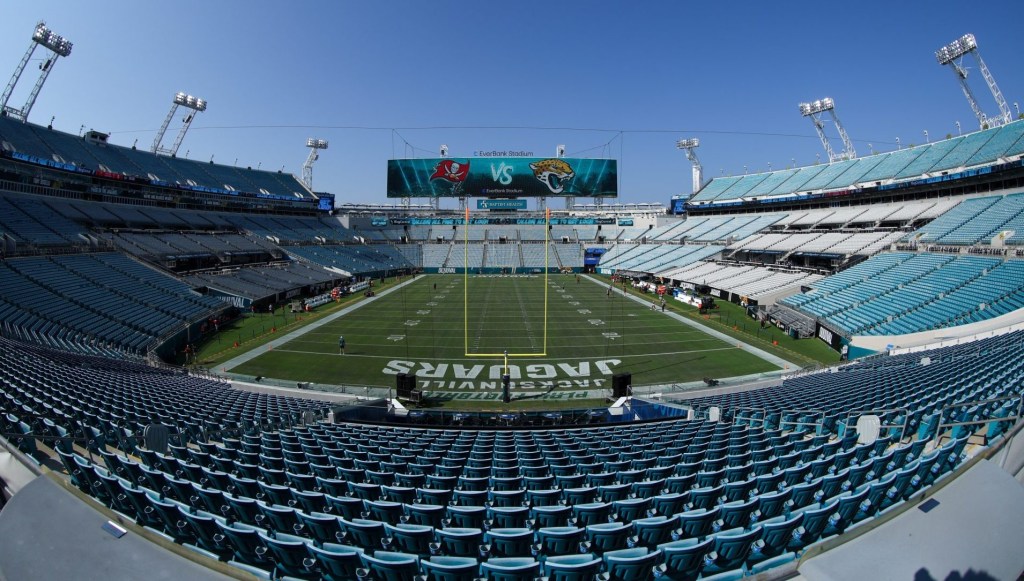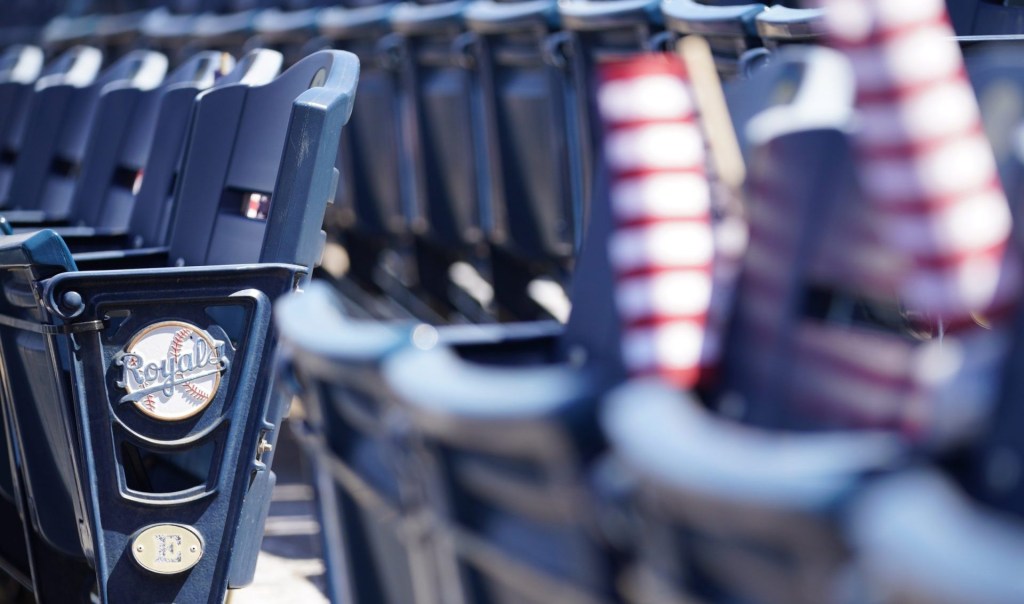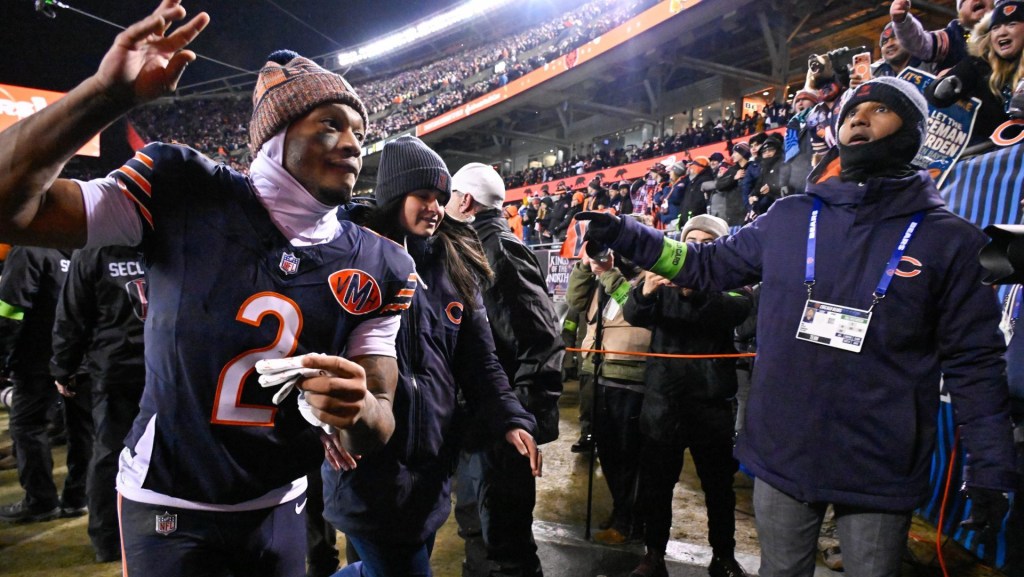If the Bears thought the announcement this week of their plan to stay in the city of Chicago would calm the drama surrounding their long-running stadium site search, they were sorely mistaken.
Within hours of the team’s stated intent of remaining downtown, focusing on a lakefront site just south of Soldier Field, a series of outright opponents of the plan and those with alternate visions of the Bears’ future began to make themselves known. Among those immediately lining up to challenge the potential stadium development:
- Friends of the Parks: This preservation group, dedicated to Chicago’s lakefront land and parks, has already come out against the project, saying “no one wants to see the Chicago Bears leave the city, but we are being asked to respond as if there are no other alternative sites available or even in the vicinity of the existing stadium. We urge [the Bears] to … find a way to stay home in a location that preserves our open, clear, and free lakefront.” This same group previously helped thwart a potential George Lucas museum on the property and is instead urging the Bears to consider the site of the now closed Michael Reese Hospital in Chicago’s Bronzeville neighborhood.
- Landmarks Illinois: This nonprofit that looks to save historic places is on similar ideological ground as the parks group, and it is objecting to the Bears’ development plan that would see Soldier Field demolished with the exception of that stadium’s historic colonnades, which remain on the National Register of Historic Places. The group instead wants to see Soldier Field preserved. “Such a plan [to demolish Soldier Field] would undoubtedly fall short of properly preserving and honoring the stadium originally built as a monument for U.S. servicemen and women.”
- Arlington Heights, Illinois: The suburban locale was previously thought to be a lock for the project after the Bears spent $197 million last year on the former Arlington International Racecourse property. But a tax dispute helped derail momentum there. Officials there insist their focus on building the stadium there has not changed, with mayor Thomas Hayes saying, “We have all experienced the many twists and turns that this project has taken over the past three years, and we find ourselves in a very similar situation today.”
High Stakes
The Bears’ stadium saga remains one of the most closely watched issues across the NFL—as well as the rest of the sports industry. Despite being the country’s third-largest media market, Chicago, for years, has been shut out of hosting major events such as the Super Bowl and Final Four, as it does not have a large-scale domed stadium.
The team’s project aims to rectify that, and a prior version of its stadium plan centered on a $5 billion project that includes a domed venue and a mixed-use development. But Illinois Gov. J.B. Pritzker suggested there could be minimal help coming from the state for either this project or one from the White Sox that could be financially connected.
“The return on investment has to be proven now before we would actually move forward,” Pritzker said. “I have not seen proof that this is a good deal for the taxpayers of the state of Illinois, but they have not presented that case yet.”
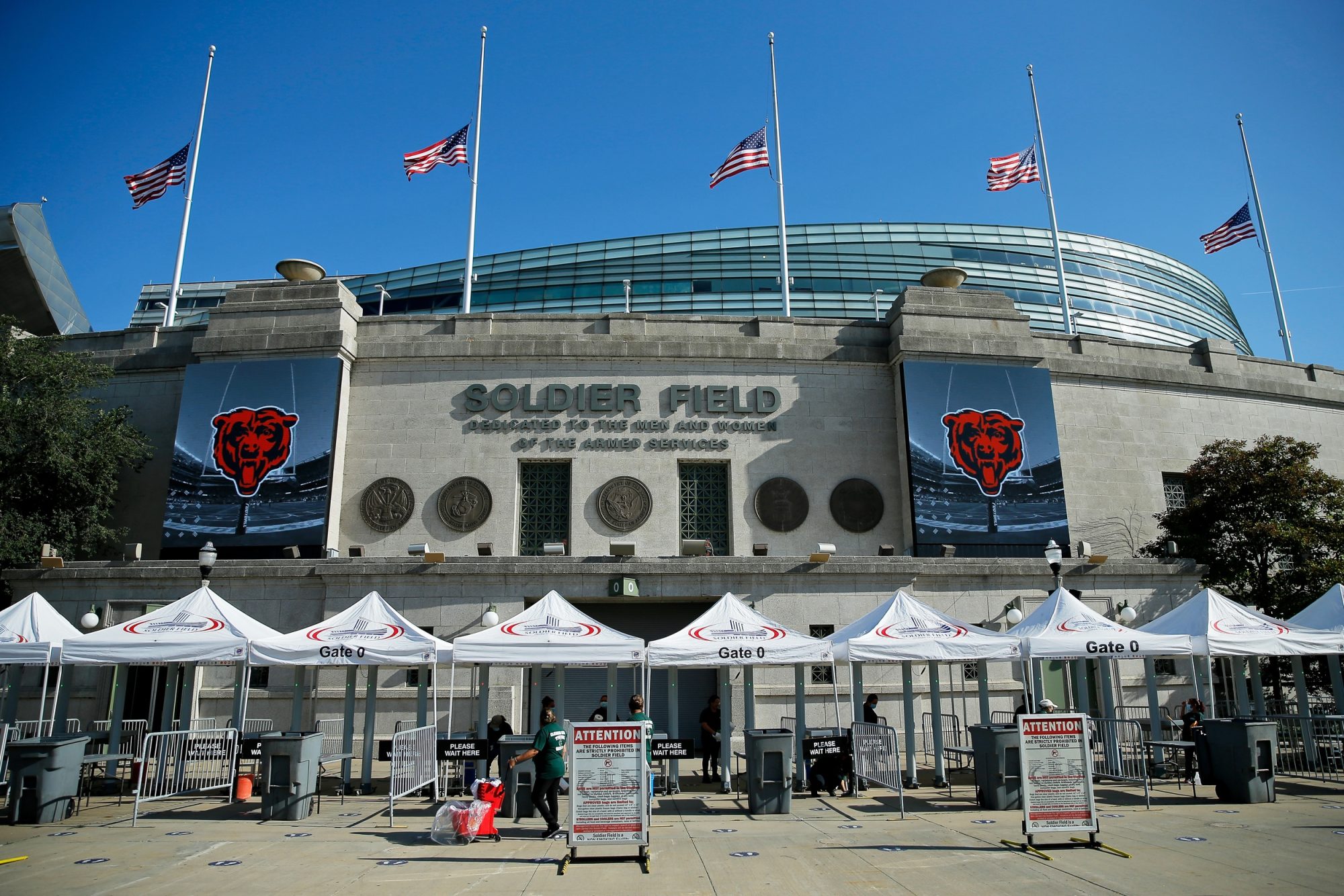
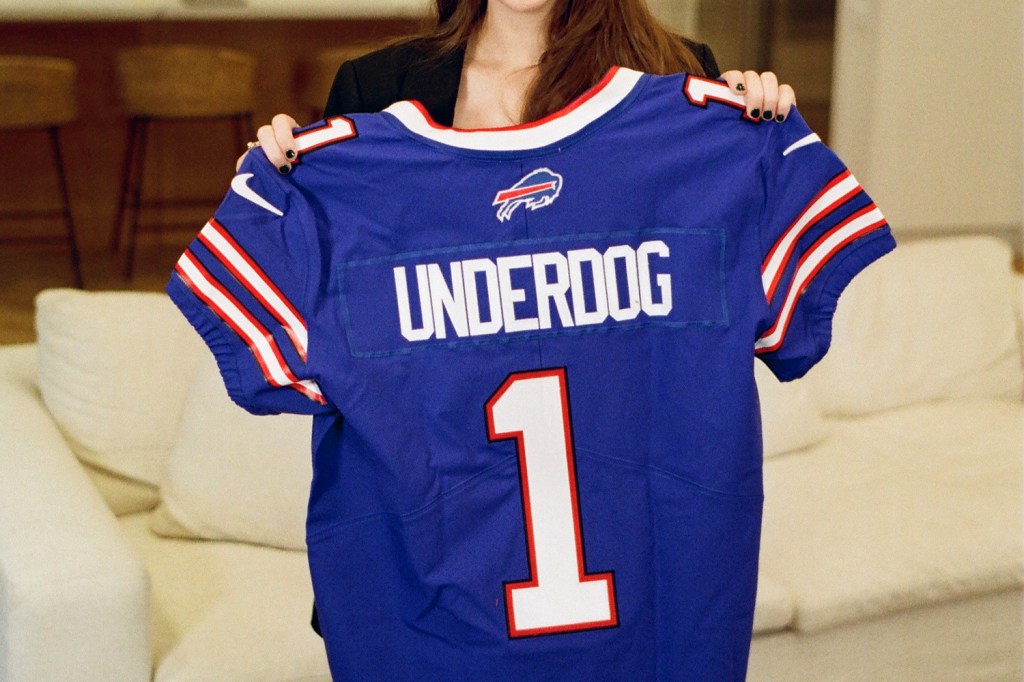


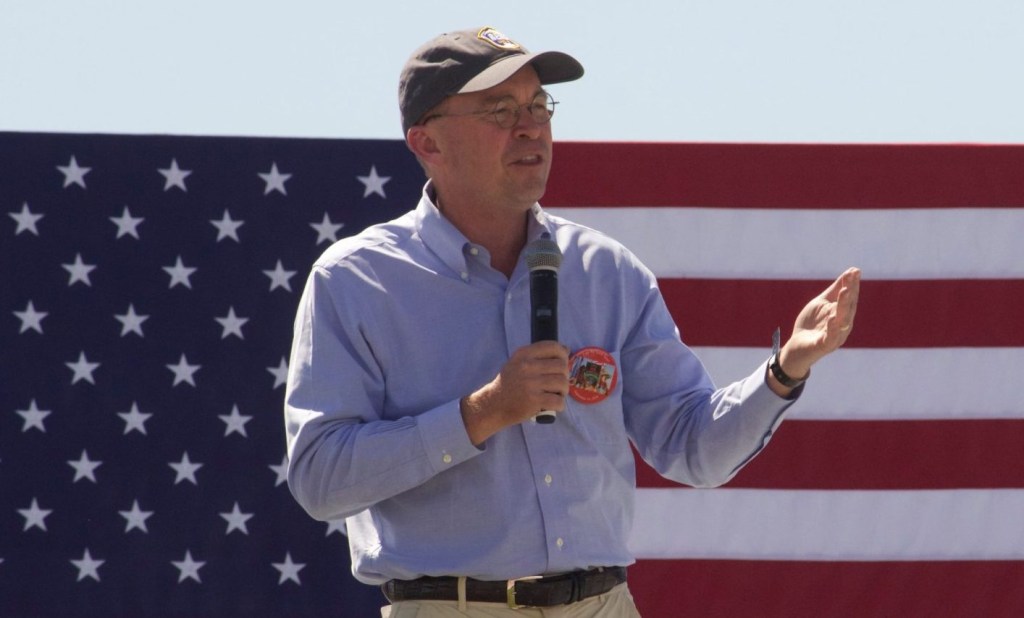

![[Subscription Customers Only] Jun 15, 2025; Seattle, Washington, USA; Botafogo owner John Textor inside the stadium before the match during a group stage match of the 2025 FIFA Club World Cup at Lumen Field.](https://frontofficesports.com/wp-content/uploads/2026/02/USATSI_26465842_168416386_lowres-scaled.jpg?quality=100&w=1024)
![[Subscription Customers Only] Jul 13, 2025; East Rutherford, New Jersey, USA; Chelsea FC midfielder Cole Palmer (10) celebrates winning the final of the 2025 FIFA Club World Cup at MetLife Stadium](https://frontofficesports.com/wp-content/uploads/2026/02/USATSI_26636703-scaled-e1770932227605.jpg?quality=100&w=1024)

